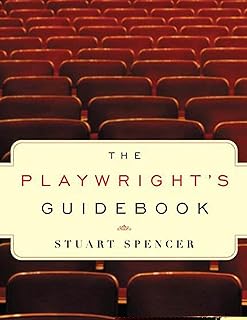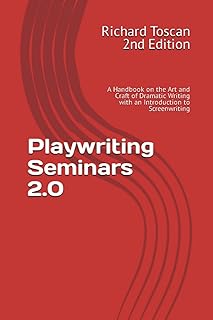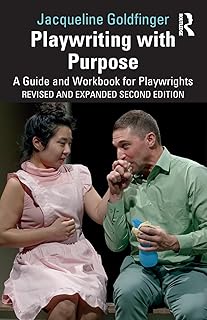James Graham, the renowned British playwright and dramatist, engaged in a captivating conversation with journalist Helen Lewis as part of the Fleet Street Quarter’s Festival of Words. This event, presented in collaboration with The Royal Television Society, offered a unique insight into Graham’s illustrious career, his process of translating scripts to the screen, his future aspirations, and his vision for the industry as a whole.
Graham’s impressive body of work for television, which includes acclaimed productions like “Sherwood,” “The Way,” “Quiz,” and “Brexit: The Uncivil War,” has earned him multiple awards and widespread recognition. In addition to his television success, Graham has also made a mark in the theatrical world with hits such as “Dear England” and “Punch,” both of which have garnered critical acclaim and audience praise.
The conversation between Graham and Lewis promised to be an inspiring and enlightening discussion, celebrating the art of storytelling and shedding light on the creative processes that drive the entertainment industry forward. As two prominent figures in their respective fields, their dialogue was anticipated to offer valuable insights and perspectives on the craft of scriptwriting and screen adaptation.
Throughout the discussion, Graham likely shared his experiences and challenges in navigating the worlds of television and theater, offering a glimpse into the intricacies of transforming written words into visual narratives. Lewis, with her journalistic expertise, would have undoubtedly posed thought-provoking questions that delved deep into Graham’s creative psyche, uncovering the inspirations behind his compelling narratives.
As part of the Fleet Street Quarter’s Festival of Words, an event that celebrates the written word in all its forms, the conversation between Graham and Lewis symbolized a union of literary excellence and journalistic inquiry. It highlighted the importance of storytelling as a powerful medium for conveying ideas, emotions, and societal reflections to audiences worldwide.
With Graham’s track record of producing thought-provoking and impactful content for both stage and screen, his insights into the evolving landscape of the entertainment industry were likely to be invaluable. As the realms of television and theater continue to intersect and influence each other, Graham’s perspective on the future of storytelling could offer a glimpse into the direction that narrative art forms may take in the coming years.
By engaging in discussions such as these, industry professionals like Graham and Lewis play a crucial role in shaping the creative landscape and inspiring the next generation of writers, directors, and producers. Their dialogue serves not only as a reflection on past achievements but also as a beacon guiding the way forward for storytellers seeking to make their mark in a dynamic and ever-changing industry.
📰 Related Articles
- Women’s Labour Performance Challenges Gender Norms Through Art
- Why invest in Platinum? Insights from Raymond James Financial Inc. and Sprott Inc.
- Wedding Cakes: Edible Works of Art Symbolizing Love and Joy
- Vienna’s Cultural Charms: A Journey Through History and Art
- Victoria’s James Herbertson Makes Waves in US Harness Racing






